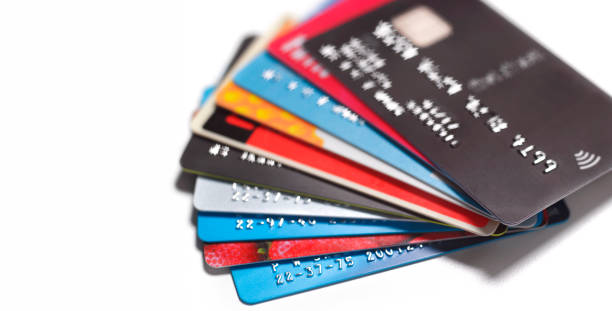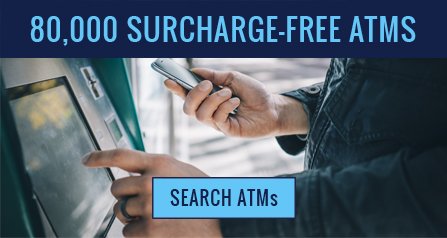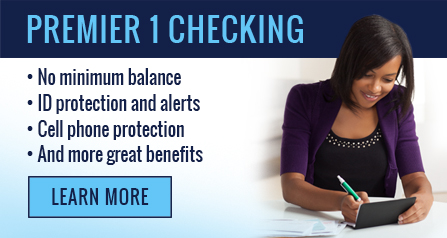
Debit Card vs Credit Card: What are the Key Differences?
Published: January 19, 2025 12:21 pm Last updated: February 19th, 2025 12:38 pmWe have all been there—standing at the checkout, debating the age-old question: debit or credit? Both cards might look identical with their sleek designs and embossed numbers, but their functionalities differ drastically. Understanding these distinctions is essential for efficient money management and may save you money.
What is a Debit Card?
Imagine your debit card as a digital checkbook directly linked to your checking account. As you swipe your debit card, the transaction amount is immediately removed from your account balance. Essentially, you are spending your own money in real-time.
Pros of Using Debit Cards:
- Debt Avoidance: Debit cards reign supreme in helping you steer clear of debt. Since you are using your funds, there are no borrowed amounts to repay with interest.
- Lower Fees: Generally, debit cards have lower associated fees than credit cards. You will typically encounter fewer charges, such as annual or balance transfer fees.
Cons of Using Debit Cards:
- No Credit Building: A significant drawback of debit cards is that they don’t contribute to building your credit history. Establishing a positive credit score is vital for securing loans, mortgages, and even favorable interest rates in the future.
- Limited Fraud Protection: While debit cards offer some level of fraud protection, they are often not as comprehensive as credit card protection. In case of unauthorized transactions, recovering your funds might be more challenging.
What is a Credit Card?
Consider a credit card as a short-term loan from the card company. You take out a loan to pay for things using a credit card. You then have a grace period to repay the borrowed amount, usually a month. Interest will be charged if the remaining payment is unpaid by the deadline.
Pros of Using Credit Cards:
- Credit History: One of the most significant benefits of using credit cards is building credit. Responsible credit card use includes making on-time payments, keeping your credit utilization low, and contributing positively to your credit score.
- Rewards and Perks: Many credit cards offer attractive rewards programs, offering cashback, travel points, discounts, and other enticing perks. These benefits can offset the cost of credit cards and provide added value.
Cons of Using Credit Cards:
- Debt Risk: Credit cards’ ease of use can quickly result in excessive spending and, given their high interest rates, debt that can be difficult to manage.
- Potential Fees: Credit cards often have various fees, including annual fees, late payment fees, balance transfer fees, and foreign transaction fees. To better understand the related expenses, it is necessary to thoroughly review the card’s terms and conditions.
During transactions, both cards offer ease and security. Understanding debit card vs. credit card will help you choose the one that best fits your goals and financial needs. Need help deciding which financial products are right for you? Contact Energy One Federal Credit Union today. We can help you with various financial solutions, including personal banking and checking accounts.
Tags: #CreditCard, #CreditUnion, #DebitCard



